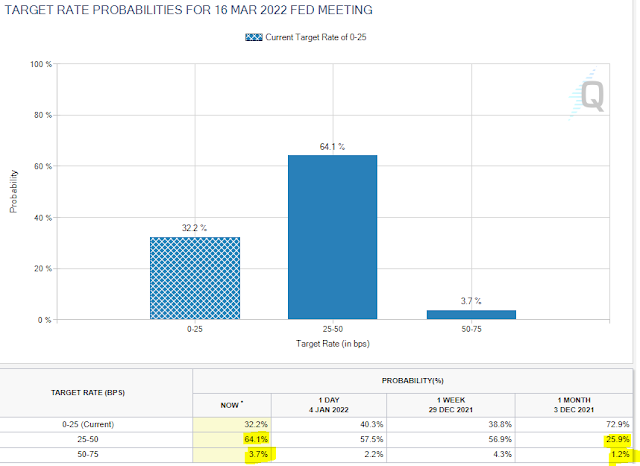Epidemics and Market Volatility
Historical precedents indicate that epidemics may cause short-term market volatility but recent examples have had limited sustained impact.
For China, the travel, entertainment and retail sectors have been most affected in prior epidemics, according to Morgan Stanley's Asian strategy team. The SARS experience in 2003 led to under-performance of local share markets with the MSCI Hong Kong and Korea indices under-performing by 10% and 11% through the escalation phase... " However, corrections have historically been short-lived". The more recent MERS and Avian Flu epidemics reinforce that conclusion, as the charts below set out.
Figure 1: Morgan Stanley charts Asian equity indices against epidemic events
Figure 2: JP Morgan (via FT) shows regional equity market recoveries post crisis peak
Citigroup went back to the 2002-2003 SARS outbreak, noting it featured ~8,000 confirmed cases across 26 countries with nearly 800 people killed; and that it was estimated by some academics to have caused a decrease of 1% in GDP in China and 0.5% in Southeast Asia. But Citigroup says the current Coronavirus outbreak appears to have a lower mortality rate to date versus SARS and could be contained more quickly given China’s more urgent response.
If Coronavirus has a lasting impact on global equity markets, perhaps the most likely impact will simply be as a trigger for a negative shift in investor sentiment.
As some of the charts in our "10k Words" for January 2020 set out, valuations are high relative to historical levels: the S&P/ASX 200 forward P/E had risen to a record above its year 2000 peak; the US S&P 500 forward P/E was up at levels not seen since 2003; and Equitable Investors' analysis of ASX-listed revenue multiples showed persistent expansion over the past five years that has been greatest among the already-more-highly priced stocks.





